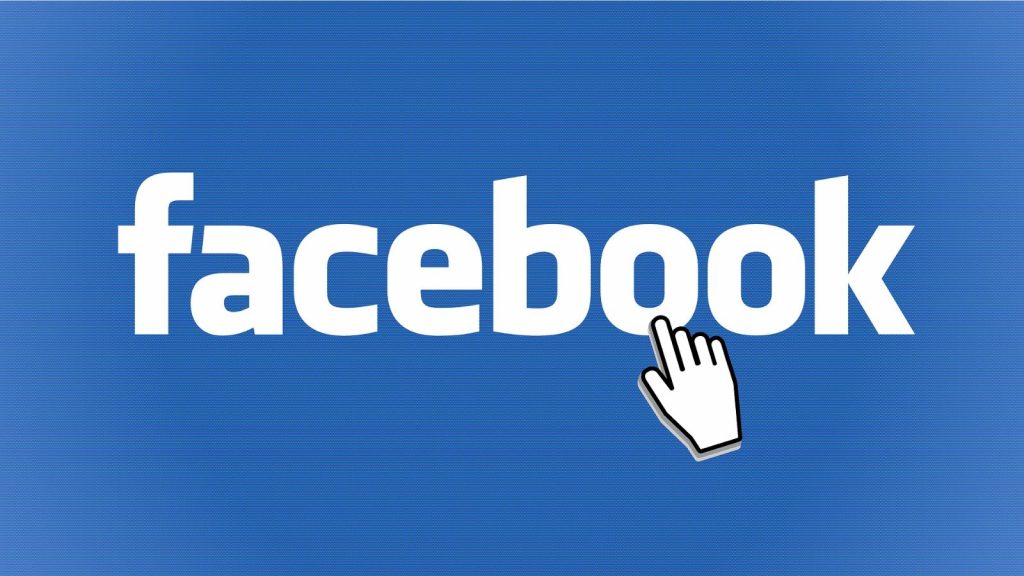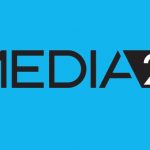Sony launches the WF-1000XM6 in South Africa with upgraded noise cancelling, better call clarity and premium sound. Pricing starts at R7,999.
#StopHateForProfit: Facebook responds to ad boycott movement

Facebook has responded to the #StopHateForProfit movement that has seen advertisers boycott the platform in July, claiming it does not profit from hate.
At the beginning of July, major companies including PlayStation, Unilever US, Verizon, Volkswagen, and many more suspended advertising campaigns on Facebook’s platforms. The campaign now includes hundreds of companies.
However, Nick Clegg, VP of Global Affairs and Communications at Facebook, claims that the company “does not benefit from hate”. Clegg said that the majority of content on Facebook is positive and that the company is getting better at removing hate speech.
He posted the statement on 1 July, the day the boycott started.
The response is unlikely to quell the boycott, however, which calls for major reforms to Facebook policy.
Facebook CEO Mark Zuckerberg’s reported claims that advertisers would be back “soon enough” will also undermine the PR response to the boycott.
What is #StopHateForProfit?
The movement calls for companies to put a pause on Facebook advertising. They aim to pressure the company into doing more to curb hate speech, fake news, and disinformation.
The Stop Hate for Profit coalition consists of US organisations such as ADL, Color of Change, Common Sense, Free Press, the NAACP, Sleeping Giants, LULAC, Mozilla, and the NHMC.
The coalition was formed in response to Facebook’s policies on fake news, misinformation, and hate speech by public figures.
For example, Facebook allows political ads and posts from politicians to contain false claims since they aren’t subject to fact-checking.
“Posts and ads from politicians are generally not subjected to fact-checking,” Facebook’s Business Help Centre page says.
Facebook also did not remove a post by US President Donald Trump that stated “when the looting starts, the shooting starts”.
This is despite platforms like Twitter and Snapchat taking action as a result of the post’s promotion of violence against US citizens.
“Facebook’s policies and enforcement on hate speech, incitement to violence, and misinformation are astonishingly weak, and disproportionately harm BIPOC and LGBTQ+ users,” the Stop Hate for Profit campaign says on its website.
“Large groups dedicated to hate and violent conspiracies grow unchecked, and Facebook often recommends users join these groups.”
The boycott hopes to force Facebook to take meaningful action. It does this by threatening its main source of revenue — advertising.
Companies join Facebook advertising boycott
Hundreds of companies joined the advertising boycott on Facebook and its other platforms such as Instagram.
Major companies include: Boeing, Ford, Levi’s, Mozilla, Patreon, Playstation, Puma, Reebok, The Hershey Company, Unilever, Verizon, Volkswagen Group, Microsoft, Pepsi, and White Castle.
Other companies have also released statements saying that they will suspend advertising on Facebook. These include Coca-Cola, Starbucks, and Lego.
Facebook response to boycott
Facebook has begun introducing some changes to its policies in response to the campaign. This includes banning a network that targets the boogaloo movement for recruitment on 30 June.
The network was banned for promoting civil war and violence.
However, the company denies being slow to respond to hateful content due to business interests.
“There is no incentive for us to do anything but remove it,” Clegg said in his statement.
However, the company has not changed its policy on political ads with misinformation and disinformation.
The company also hasn’t announced any changes to its algorithm to stop group recommendations for hate or conspiracy groups.
As a result, companies plan to continue their boycott of Facebook.
Feature image: Simon Steinberger via Pixabay


